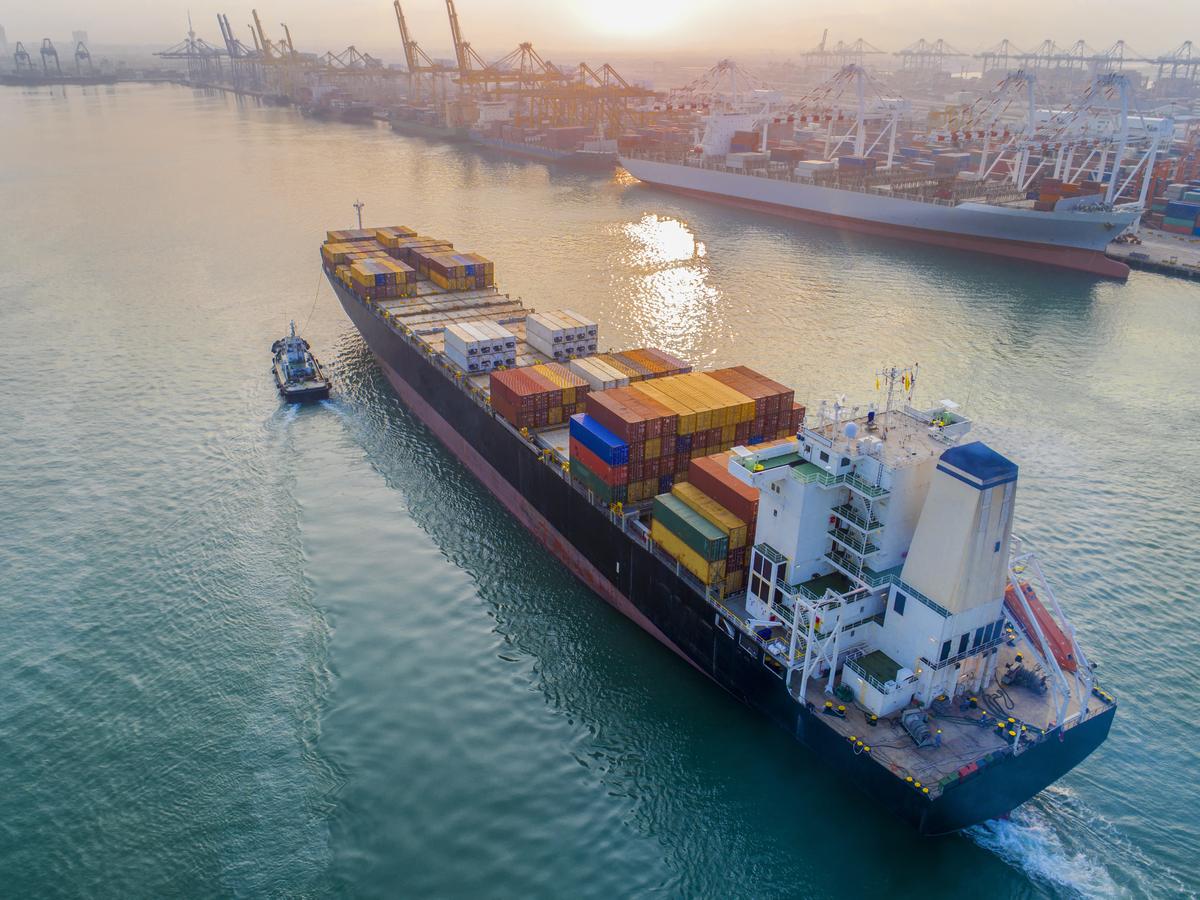
Commercial Vessel Charter: Unlocking Opportunities for Global Maritime Operations
Introduction:
Commercial vessel chartering plays a crucial role in the maritime industry, offering businesses a versatile and efficient means of accessing a wide range of specialized vessels for various purposes. Whether it's transporting goods, conducting offshore operations, or supporting marine construction projects, chartering commercial vessels provides companies with flexibility, scalability, and cost-effectiveness. In this article, we will explore the world of commercial vessel chartering, its benefits, popular charter types, and key considerations for successful maritime operations.
MG Fond Progress is a prominent company in the commercial chartering industry. MG Fond Progress provides its customers with a variety of commercial charter options to meet their maritime transportation needs. MG Fond Progress works with the principle of customer focus and aims to keep customer satisfaction at the highest level.
1. Understanding Commercial Vessel Chartering:
Commercial vessel chartering involves leasing or hiring vessels for commercial purposes. It enables businesses to utilize specialized maritime assets without the need for ownership, allowing them to focus on their core operations while leveraging the capabilities of different vessel types. From cargo ships and tankers to offshore support vessels and research vessels, the options for chartering commercial vessels are diverse and tailored to specific industry needs.
2. Benefits of Commercial Vessel Chartering:
a. Flexibility and Scalability: Chartering offers businesses the flexibility to select vessels based on their immediate operational requirements. It allows companies to upscale or downscale their fleet size as needed, adapting to changing market conditions or project demands.
b. Cost-Effectiveness: Chartering commercial vessels can be a cost-effective alternative to vessel ownership. It eliminates the upfront investment and ongoing expenses associated with vessel maintenance, crewing, insurance, and regulatory compliance.
c. Access to Specialized Equipment: Different industries require specific vessel capabilities and equipment. Chartering enables businesses to access vessels equipped with specialized features, such as cranes, diving systems, seismic survey equipment, or dynamic positioning systems, tailored to their operational needs.
d. Operational Efficiency: Chartering allows companies to focus on their core competencies while relying on experienced vessel operators. It eliminates the need for vessel management, crew training, and administrative tasks associated with vessel ownership, enabling businesses to streamline their operations.
3. Types of Commercial Vessel Chartering:
a. Bareboat Charter: In a bareboat charter, also known as a demise charter, the charterer assumes full responsibility for the vessel, including crewing, maintenance, and operational costs. The charterer operates the vessel as if they were the owner, assuming legal and financial liabilities during the charter period.
b. Time Charter: A time charter involves hiring a vessel for a specified period, typically months or years. The charterer pays a fixed rate per day or month, and the shipowner is responsible for the vessel's operating costs, crewing, maintenance, and insurance. The charterer has control over the vessel's commercial use within the agreed charter period.
c. Voyage Charter: In a voyage charter, the charterer hires a vessel for a specific journey or voyage from the loading port to the destination port. The shipowner covers the vessel's operating costs, while the charterer is responsible for cargo-related expenses and other charges incurred during the voyage.
4. Key Considerations for Commercial Vessel Chartering:
a. Vessel Selection: Carefully evaluate the vessel type, specifications, and capabilities required for your specific operations. Consider factors such as cargo capacity, speed, range, deck space, accommodation, and equipment to ensure the vessel aligns with your operational needs.
b. Charter Party Agreement: Thoroughly review and negotiate the terms and conditions of the charter party agreement. Key elements include the duration of the charter, rates, responsibilities of each party, insurance coverage, dispute resolution mechanisms, and compliance with international regulations.
c. Operational Support: Ensure that the vessel operator or chartering agent provides adequate operational support, including vessel management, crewing, maintenance, and technical assistance. This ensures smooth operations and minimizes disruptions during the charter period.
d. Safety and Compliance: Verify that the vessel you charter complies with relevant safety and regulatory standards. Ensure that the vessel holds valid certifications, such as classification society certificates and safety management system (SMS) compliance. Request documentation pertaining to crew qualifications, vessel inspections, and adherence to international maritime regulations.
e. Insurance Coverage: Verify that the vessel and charter party agreement include appropriate insurance coverage, including hull and machinery, protection and indemnity (P&I), and cargo liability insurance. Consult with maritime insurance experts to ensure adequate coverage for potential risks and liabilities.
f. Crew Expertise: Assess the qualifications and experience of the vessel's crew, particularly for specialized operations. Ensure that the crew members possess the necessary certifications, training, and experience relevant to your specific operational requirements.
g. Maintenance and Condition: Request information about the vessel's maintenance records, dry-docking history, and overall condition. Prioritize vessels that have a reliable maintenance track record to minimize the risk of mechanical failures or delays during operations.
h. Risk Assessment and Contingency Planning: Conduct a thorough risk assessment for your intended operations and develop contingency plans to address potential challenges or disruptions. Consider factors such as weather conditions, port restrictions, and unforeseen events that may impact the charter.
Conclusion:
Commercial vessel chartering offers businesses an efficient and flexible solution to access specialized maritime assets without the burden of vessel ownership. By understanding the benefits of chartering, exploring different charter types, and considering key factors such as vessel selection, charter party agreements, safety compliance, and crew expertise, companies can optimize their maritime operations. Successful commercial vessel chartering requires careful planning, effective communication with vessel operators, and adherence to safety and regulatory standards to ensure seamless and cost-effective maritime activities across various industries.